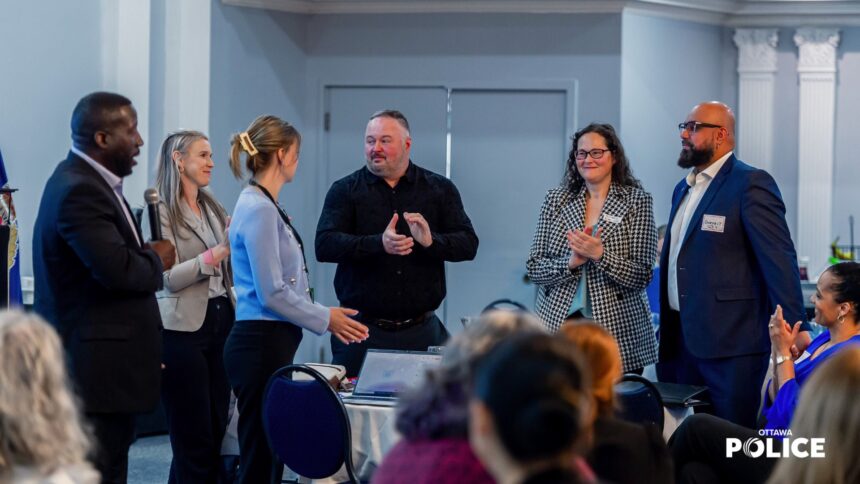In the wake of several high-profile incidents involving police responses to mental health emergencies, Ottawa residents and advocacy groups are intensifying calls for fundamental reform to how the city’s police service handles these sensitive situations. The growing chorus of voices reached a critical mass during Tuesday’s Police Services Board meeting, where more than two dozen community members delivered emotional testimonies about personal experiences with police interventions during mental health crises.
“The current system is not just failing—it’s actively traumatizing people in their most vulnerable moments,” said Eleanor Whitman, executive director of Ottawa Mental Health Advocates, who presented a petition with over 5,000 signatures. “We’re not asking for minor adjustments. We need a complete reimagining of crisis response that centers compassion and specialized care.”
Recent statistics released through freedom of information requests show that Ottawa Police Service responded to approximately 6,800 mental health calls in 2024, representing a 23% increase over the previous year. More troublingly, about 17% of these encounters involved use of force, compared to just 4% for other types of police calls.
The community’s demands come after the April incident involving 28-year-old Mariam Hassan, whose family called 911 during her mental health crisis. The situation escalated when officers arrived, resulting in Hassan being tasered and subsequently hospitalized for both physical injuries and worsened psychological trauma.
“My sister needed help, not handcuffs,” said Nasir Hassan, who addressed the board with visible emotion. “The people who are supposed to protect us made everything worse because they simply aren’t trained for these situations.”
Ottawa Police Chief Ethan Morgan acknowledged the concerns but defended his officers, noting that the service has implemented mandatory mental health response training and recently expanded their Mental Health Crisis Unit from four to six officers working alongside clinical professionals.
“We recognize that improvement is needed, but our officers are often placed in impossible situations with limited resources,” Chief Morgan stated. “They’re responding to dangerous, unpredictable scenarios where decisions must be made in seconds.”
However, mental health professionals at the meeting countered that the police-led model itself requires restructuring, not just enhancement. Dr. Sanjay Patil, psychiatrist and consultant with the Royal Ottawa Mental Health Centre, emphasized that evidence from other jurisdictions shows alternative approaches yield better outcomes.
“Cities like Eugene, Oregon with their CAHOOTS program have demonstrated that non-police responders can safely and effectively handle the vast majority of mental health calls,” Dr. Patil explained. “In Toronto, the pilot Community Crisis Service is showing promising early results with trained civilians as first responders.”
City Councillor Leanne Thompson, who sits on the Police Services Board, has proposed redirecting a portion of the police budget toward establishing a civilian mental health emergency response team that would operate independently of the police service. The proposal has gained support from several council members but faces resistance from the police union and some board members concerned about safety risks.
“This isn’t about vilifying police officers,” Thompson clarified. “It’s about recognizing that we’ve asked them to fulfill a role they were never designed for, and that both the public and officers themselves would benefit from a more specialized approach.”
Community advocates are pushing for concrete action rather than further study, pointing to similar reforms being implemented in other Canadian cities. The Police Services Board has committed to forming a working group that includes community members with lived experience to develop recommendations by September.
As Ottawa grapples with these complex challenges at the intersection of public safety and mental healthcare, one question remains at the forefront of the debate: How many more people must experience trauma during mental health crises before we fundamentally change a system that clearly isn’t working for those it claims to serve?
























